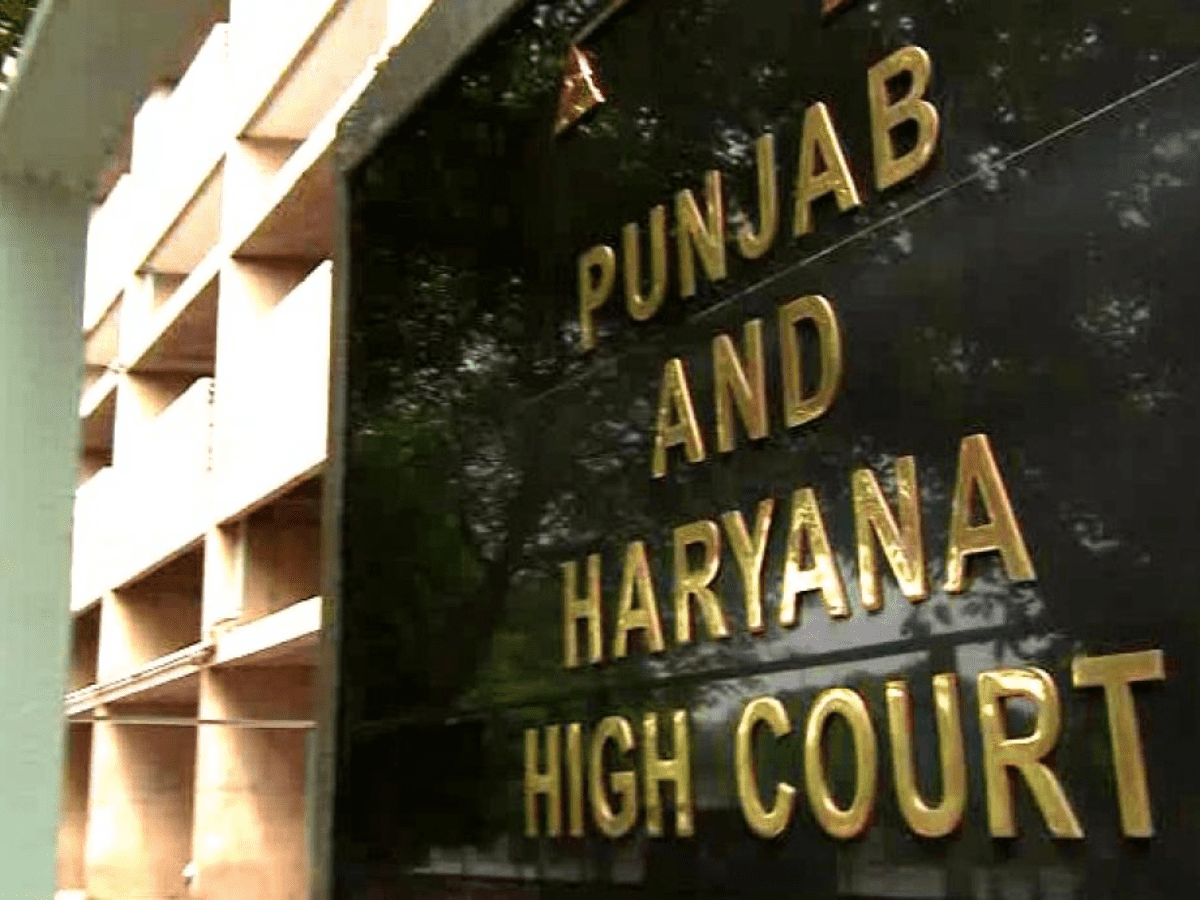
The Punjab and Haryana High Court recently rejected the anticipatory bail plea of a Muslim man who was booked for allegedly kidnapping a 15-year-old girl he had married under Muslim Personal Law in June 2023.
Refusing the man’s contention that he had married legally as per personal law and that the girl had attained the age of puberty, Justice Harpreet Kaur Jeewan stated, “Protection of Children from Sexual Offense Act (POSCO Act) has been enacted, which is a self-contained comprehensive legislation inter alia to provide for the protection of children from offenses of sexual assault, sexual harassment, and pornography with due regard for safeguarding the interest and well-being of the child at every stage of the judicial process.”
The court noted the child is defined as any person below the age of 18 years, as per sub-Section (d) of Section 2 of the Act of 2012. Further, Section 42-A of the Act of 2012 provides that the provisions of this Act shall have an overriding effect on the provisions of any such law to the extent of the inconsistency, it added.
However, the girl stated she didn’t want to go with her parents before the magistrate. She was sent to a children’s home, considering she was a minor.
The petitioner used the High Court’s ruling in Javed v. State of Haryana and Others [2022 LiveLaw (PH) 276] to support the argument that a minor Muslim girl is competent to enter into a contract of marriage with the person of her choice by Muslim personal law.
Upon reviewing the submissions, the Court observed that the ruling in NCPCR v. Javed & Ors., the Supreme Court’s decision that a Muslim girl of 15 years old can marry legally and validly under personal law, should not be used as precedent in any other case.
“In the view of this order (NCPCR v. Javed & Ors.) by the Hon’ble Court, the ratio in Javed’s case cannot be applied in the present case,” it added.
Given this, the Court said, “I am of the considered opinion that prima facie the victim is minor, and the contentions of the petitioner that she is major are a matter of inquiry by the Special Court.”
Accordingly, the Court concluded that no particular reason is shown to provide the petitioner with a discretionary remedy under Section 438 CrPC.
Advocate Mohd Salim represented the accused.
Assistant Advocate General Himani Arora represented the state.
Advocate Bikramjeet Singh Baath represented the complainant.
